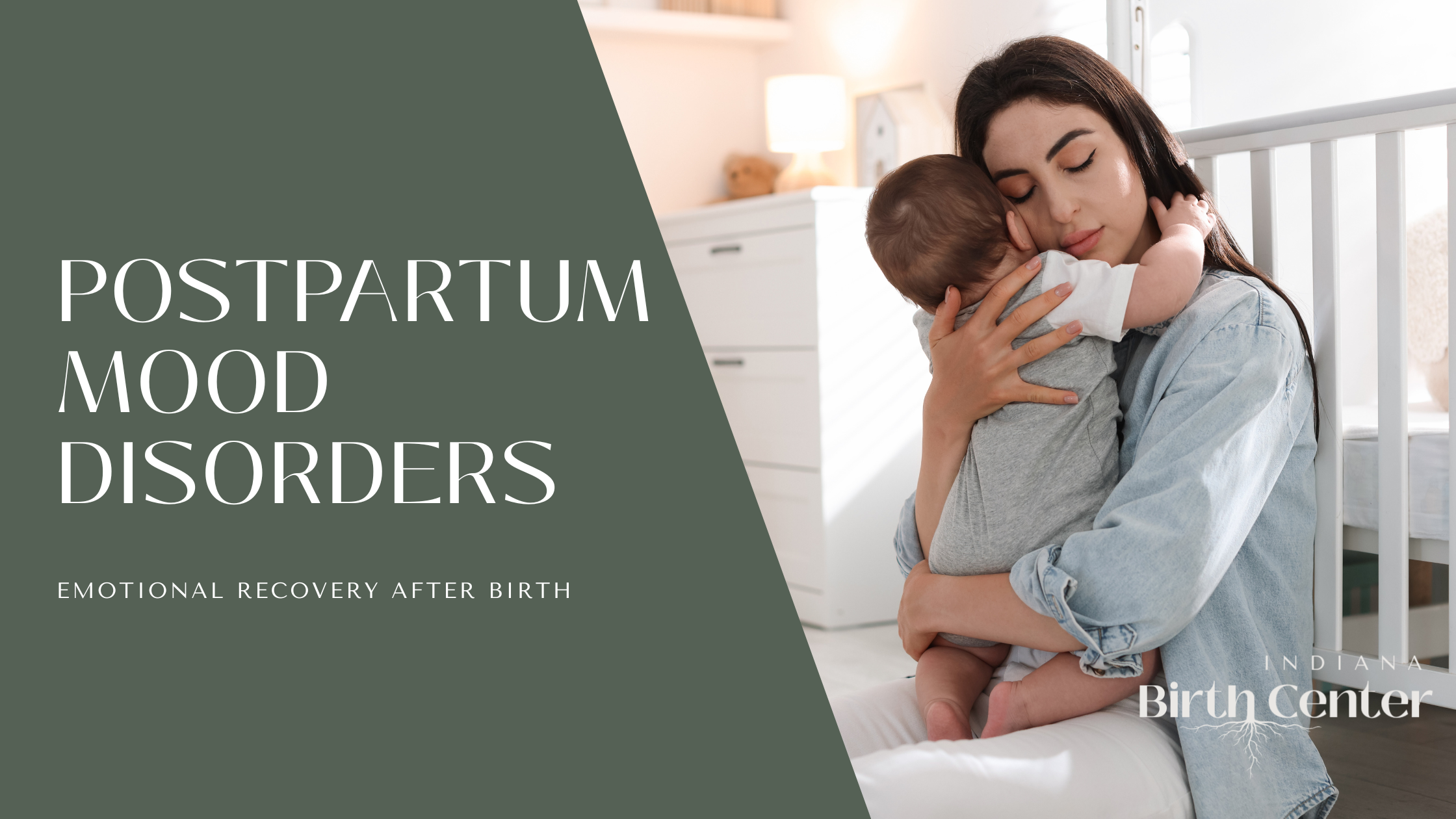Postpartum Mood Disorders: Emotional Recovery After Birth
Bringing your baby home for the first time is always exciting, but it can also go hand in hand with a variety of emotions. The postpartum period can be a challenging time for mothers, especially when they don’t have appropriate support. Care and attention provided during this period can play a significant role in recovery.
Everything that comes with new motherhood, plus the hormonal switch in the body after delivery, can take a toll on your mental health. It can be challenging to navigate new routines and shifting responsibilities. These challenges should be met with support and compassion.
Common Postpartum Mood Disorders
Several mental health conditions may become more evident postpartum or may even arise as a result of birth. A variety of factors can be responsible for postpartum mood disorders including big hormonal changes that occur after birth, family history, and a history of previous mood disorders. We’ll look at a few examples of postpartum mood disorders and review steps to manage them.
Postpartum or baby blues
Around 85% of mothers may experience some degree of postpartum or baby blues after birth, due to the change in hormone levels. Postpartum blues can be characterized by frequent crying, restlessness, and anxiety. This condition is considered a mild depression that tends to resolve between 1-2 weeks postpartum, after hormone levels become more balanced.
Postpartum Depression
Postpartum depression is a more serious condition and affects one in seven mothers after birth. It lasts for longer than three months and is characterized by more severe symptoms such as:
– Persistently low mood
– Anger and irritability
– Changes in routine
– Inability to eat or sleep
– Disinterest in daily activities
– Thoughts of self-harm or harming the baby
Depending on the severity of the condition, prompt medical attention is needed to address it before harm comes to the mother or baby or progresses to a more severe form, postpartum psychosis.
Anxiety
Anxiety is fairly common during the postpartum period. It is common to feel stressed by how much it takes to care for your baby, whether you’re doing a good job as a mother, if your baby is safe, etc. Adjusting to new routines, shifting roles, and fear for the safety and well-being of your baby can feel overwhelming. Some level of anxiety is normal, even necessary at times, but it should not interfere with your ability to function.
Obsessive-Compulsive Disorder (OCD)
Anxiety around your baby’s care can sometimes fall in the category of obsession. There are a number of ways postpartum OCD can present, including frequently checking your baby for symptoms of sickness, compulsion to stay close to your baby, or it can present through intrusive thoughts and avoidance of your baby.
These conditions may range from mild to severe for different mothers. It’s essential to understand the severity as it may pose a risk of harm for the mother and baby if not addressed. But remember, there are resources and support for postpartum mood disorders, and you are not alone.
How Do We Manage It?
At Indiana Birth Center, we start the conversation about mental health early on. While emphasis is often put on maintaining optimum physical health during pregnancy, we pay the same attention to mental health. Our clients fill out depression screens during pregnancy and postpartum. Our midwives and staff know postpartum mood disorders are common, so we make sure our clients know they are not broken or failing because it’s not all sunshine and rainbows all of the time. If there are indications you may need a higher degree of support, we will provide you with resources.
We make sure you feel heard and that you receive the appropriate level of support to navigate through this time. Our midwives not only encourage our clients to communicate these concerns, but will make a point to check in with you directly. It can be difficult to express mental health concerns for fear of stigma or overreaction, but it is important for you to know you deserve support.
We advise mothers to:
Talk about how they feel during their prenatal appointments so we can discuss the possibility of therapy, and if it is appropriate.
Take the time to do things they love and things that are important for their mental peace.
Minimize things that cause additional stress and people that are unsupportive.
Think about your support network (friends, family, etc) and consider hiring a postpartum doula for added support.
Have a conversation with your partner, friends, and family about how you feel.
Like every mental health condition, timely diagnosis and management of the condition can significantly help people on the road to healing. While it can be scary, we are here to help you prepare and support you throughout your unique pregnancy and postpartum journey.

